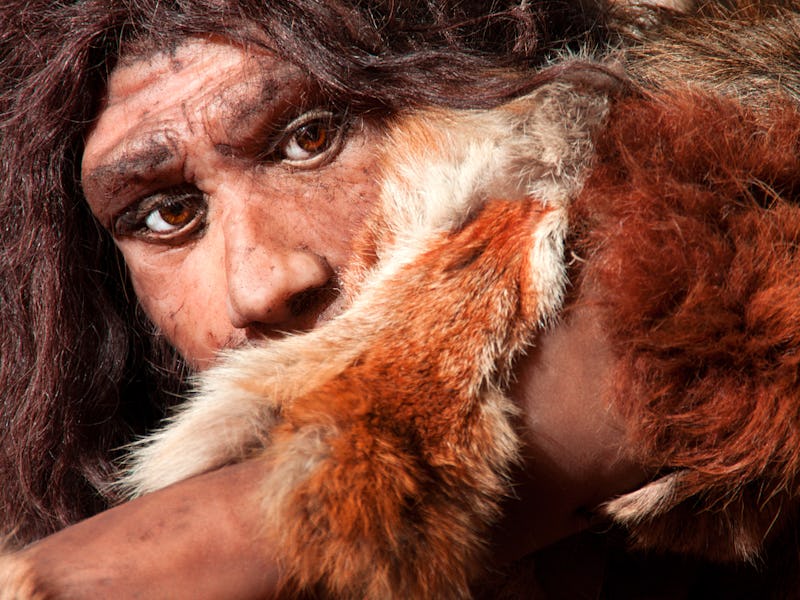The archaic you
In this episode, we discuss what our own biological records can reveal about who we are in modern life.

According to ancient human DNA, most people, to a certain extent, are pretty much like their Neanderthal ancestors.
And as for your teeth? They’ve been keeping a permanent — and intimate — record of your life this whole time. (And they’ll act as your faithful diarist for life.)
At the end of the day, our own genes (and … teeth) help us understand who we are and why we act the way we do — offering clues to make navigating everyday life a little easier.
In this episode of The Abstract, we discuss what our own biological records can reveal about who we are in modern life.
Our first story is about the latest scientific evidence suggesting that most humans, to some degree, are a little bit Neanderthal. With a new list of archaic trait variants correlating to behaviors that feel especially relevant in modern times, scientists hope learning more about our ancient DNA can offer a new awareness about modern life.
Our second story is about a tree-like part of your body that records intimate details about your life — your teeth. Keeping a diary of your life until the day you die, the tissues provide scientists with new insights on the biological impact of major life events.
Read the original Inverse stories:
- What having Neanderthal DNA means for modern people
- A tree-like part of the body records the intimate details of a person's life
Where to find us:
- Subscribe to The Abstract wherever you listen to podcasts: iTunes | Spotify | TuneIn | RadioPublic | Stitcher
- Follow Sarah Sloat on Twitter
- Follow Inverse on Twitter
- We're hosted and produced by Tanya Bustos
—
Right now, facts and science matter more than ever. That's part of the reason for The Abstract, this all-new podcast from the Inverse staff that focuses exclusively on science and innovation. Three new episodes are released a week, and each covers one theme via two related stories. Each features audio of original Inverse reporting, where the facts and context take center stage. It's hosted by the Tanya Bustos of WSJ Podcasts. Because we're Inverse, it's all true but slightly off-kilter. It's made for people who want to know the whole story. —Nick Lucchesi, executive editor, Inverse